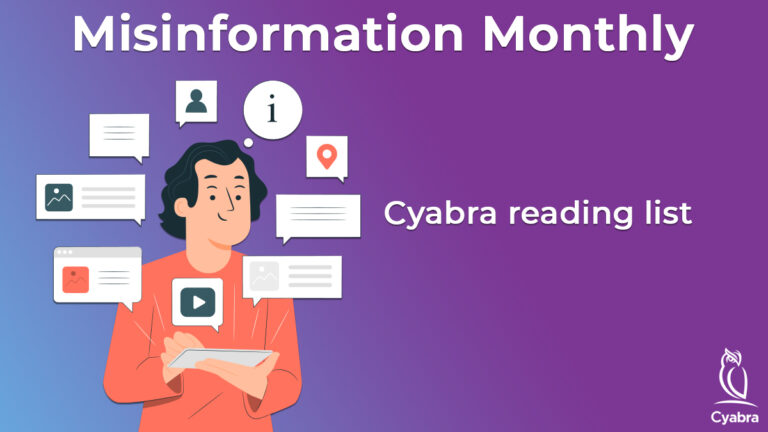Following Former President Donald Trump’s return to X (formerly Twitter) on August 12, 2024, Cyabra investigated discourse on the platform surrounding his posts and profile.
The analysis reveals a significant presence of fake profiles, that acted in a strategically coordinating activity to amplify certain narratives and shape public perception. With the presidential elections just around the corner, here’s an in-depth look at how these inauthentic accounts are influencing the conversation.
TL;DR?
- 22% of profiles engaging with Trump’s posts were identified as fake
- Hundreds of fake profiles involved in the discourse were created within the last seven months
- The inauthentic accounts’ content praised Trump and criticized his opponents
Fake Profiles Greet Trump’s X Homecoming
Cyabra conducted an analysis of nine posts published by Trump on X on August 12, 2024, the day of his return to the platform. The posts were engaged with by 6,148 profiles, 22% of them inauthentic. These fake accounts were not just passive participants; they actively influenced the discourse, generating a substantial portion of both positive and negative sentiment.
29.5% of the fake profiles interacting with Trump’s posts were created within the past seven months. This surge in new fake accounts indicates a deliberate and coordinated effort to amplify specific narratives and sway public opinion around the US presidential elections.

The community of fake profiles (red) and real profiles (green) that interacted with Trump’s posts.
Positively (and Negatively) Persuasive
The inauthentic accounts played a dual role in shaping the online discourse. They were responsible both for 31.3% of the negative sentiment, which was directed at Trump’s opponents – Vice President Kamala Harris and President Joe Biden. The narratives spread by the fake profiles criticized these figures while mentioning topics that were heavily discussed as part of the election discourse – the economy, unemployment, immigration, Iran and Russia.



Interestingly, these fake profiles also drove 24.6% of the positive sentiment in the discussions: this positive sentiment focused on praising Trump, rallying support for his return to the political arena.
To summarize, the fake accounts had two aims: bolster Trump’s reputation while simultaneously discrediting his opponents.


The presence of inauthentic profiles in the discussions surrounding Trump’s return to X underscores the impact that fake accounts can have on public discourse, particularly with the presidential elections just around the corner. These profiles, while not overly sophisticated, were effective in amplifying certain narratives and influencing the overall sentiment of the conversation.
ing the Challenge of Fake Profiles
The findings from Cyabra’s analysis highlight the significant impact of fake profiles on online discourse. Awareness of these manipulative tactics is key to defending yourself from propaganda and disinformation spread by fake profiles. In 2024, creating authentic-looking fake profiles, bot networks, and fake campaigns is easier than ever. With the upcoming election, it is crucial to learn to identify fake profiles and be able to recognize their manipulative techniques.
For democracies looking to protect the authenticity of election discourse online, protecting the public from the influence of fake accounts includes:
- Utilizing advanced AI to identify fake profiles before they can manipulate public opinion
- Keeping a close watch on online conversations to detect and address the emergence of new fake accounts in real-time
- Developing proactive measures to counter the narratives pushed by inauthentic accounts and protect the integrity of online discussions
As online platforms continue to play a critical role in shaping ideas and opinions, the need for robust strategies to combat the influence of fake profiles has never been more pressing. For comprehensive solutions to detect and combat fake profiles, contact Cyabra.


